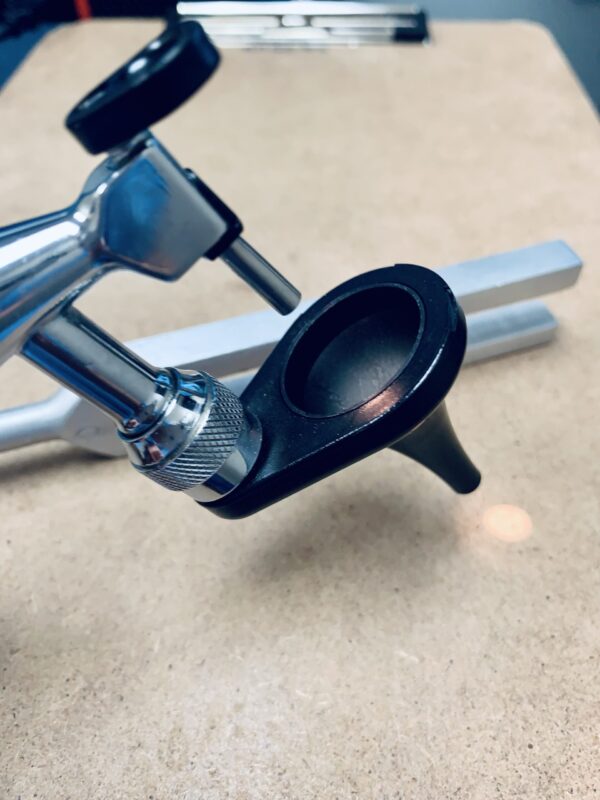A pulsing, swooshing or whooshing sound in the ear, usually just one side, is called pulsatile tinnitus. Many times this may sound like a heartbeat in your ear. Many times you are in fact hearing your heartbeat or turbulent blood flow through the vessels that passed through your skull near your ear. These blood vessels are only a few millimeters away from the hearing apparatus so it does not take very much for you to start hearing the blood flow.
Sometimes pulsatile tinnitus refers to a clicking or popping in that you are that happen spontaneously. This is a completely different condition. In this case it will feel like clicking popping or snapping in your ear, again usually just one side. This may be a spasm of some of the small muscles inside the ear.
Persisting pulsatile tinnitus that sounds like a heartbeat usually deserves further workup. Problems with blood vessels, such as blood clots, aneurysm, or dissection may be discovered. Sometimes there may be thinning of the membranes surrounding the anterior and you could be hearing the pulsations from your brain fluid and meninges (brain lining). Rarely tumors may also present with a pulsatile tinnitus, including glomus tympanicum, glomus jugulare, or tumors next to the brain impacting the hearing nerves.
Workup for persistent pulsatile tinnitus includes a good evaluation of the ear physically, in addition to hearing function, speech discrimination, bone conduction and tympanometry. Angiography, CT, or MRI imaging may be recommended depending what we find to try to sort out the cause.


